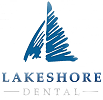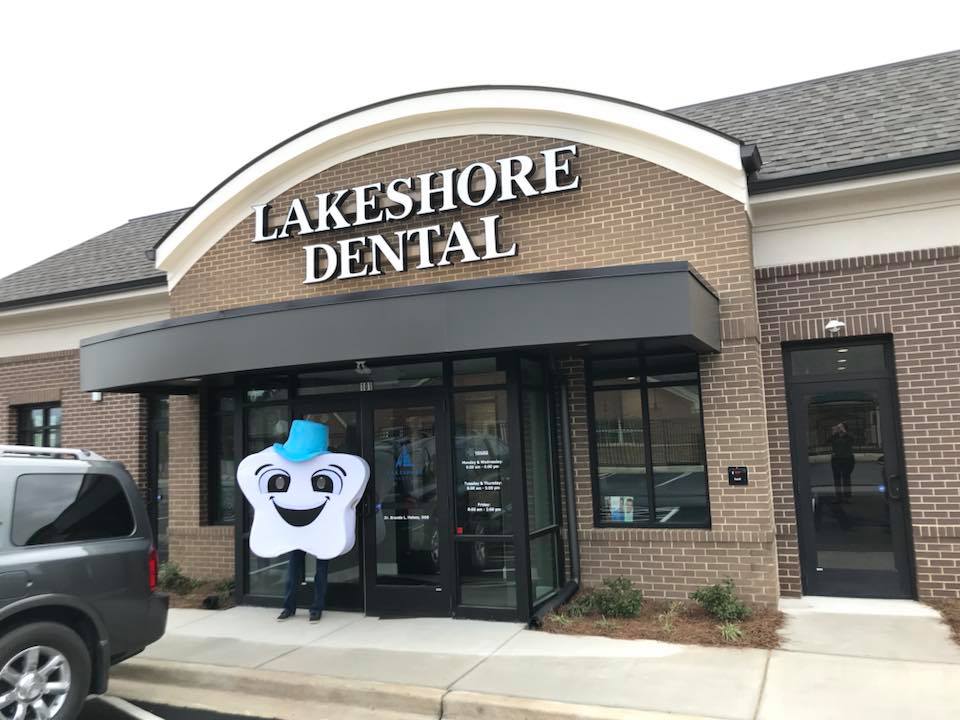Patient Medical Information
The US Department of Health and Human Services issued the privacy rules to implement the Health Insurance Portability and Accountability Act of 1996. The HIPAA privacy rules establish national standards in protecting the medical records and personal health information of patients.
The rules safeguard the privacy of personal health information. It sets the limits and conditions on the uses and disclosures that may be done on such pertinent information without the knowledge and authorization of the patient.
HIPAA privacy rules give rights to patients to manage their health information, including the right to examine and obtain a copy of their health records. In this light, patients also have the right to request for any corrections necessary on their health information.
Privacy Rules Coverage
The privacy rules for HIPAA apply to health plans, health clearinghouses, and to health care providers that conduct healthcare transactions electronically.Health Plans include individual or group plans that pay for the coverage of the medical care such as health, dental, Health Maintenance Organization, Medicare and Medicare supplement and long-term insurers, and employer-sponsored and government-sponsored health plans.
Health care providers who transmit health information regarding claims, benefits and benefit eligibility inquiries, referral authorizations and other transactions about patient information are covered by HIPAA rules. Health care providers include providers for medical and health services such as hospitals, physicians, dentists and other healthcare practitioners.
Healthcare clearinghouses are entities that process individually identifiable health information, nonstandard information, repricing companies, billing services, community health management information systems and value-added networks
What Information is Protected
Individually identifiable health information pertains to demographic data that relates to the physical, mental and medical history of the patient, provision of healthcare related to the individual, payment provisions specific to a patient, other reasonable bases that helps identify the patient, and common identifiers like name, social security number, and date of birth.De-identified health information may either be a formal determination by a qualified statistician and the removal of specified identifiers of the patients, including information about his relatives, employment, and members of his household. Accordingly, there are no restrictions on the disclosure and use of de-identified health information.
Lakeshore Dental Adheres to HIPAA Policy
Lakeshore Dental adheres to the privacy rules of HIPAA. On your first dental visit with Lakeshore Dental, our friendly and courteous staff will ask you to fill out some patient forms including our appointment policy, and the HIPAA form.
Our Lakeshore Dental staff will also explain the HIPAA contents and policies pertinent to every patient. You may contact us at 803-396-0000 or visit Lakeshore Dental at 1200 Gold Hill Road, Fort Mill, SC 29708 to learn more about the HIPAA.






